IKEA for YU (2018)
• August 15th, 2018 • 0h 52min
Documentary
Overview
Marija grew up in a family that lives Yugoslav ideals even today. Given that Marija and her family are of Serbian origin, who continued to live in Croatia, regardless of the pressures of the recent war, the Yugoslav identity is the one they felt closest to. She had always felt that her family's ideals were her own, until her life path turned her in a different direction. When she founded her own family with her husband, she began to question her parents' and grandparents' values, as well as her own, and if that was the environment in which she wanted to raise her son. Within a journey through the family history, Marija opts for a "new beginning" in a totally different environment and sets up a new home - in Sweden. This film is a story about growing up, separation from the nest, and accepting one's own value system, and how to get there, in the atmosphere of a stable and loving family.
Make sure to check your pop-up blocker!!
Trailer
Similar Movies
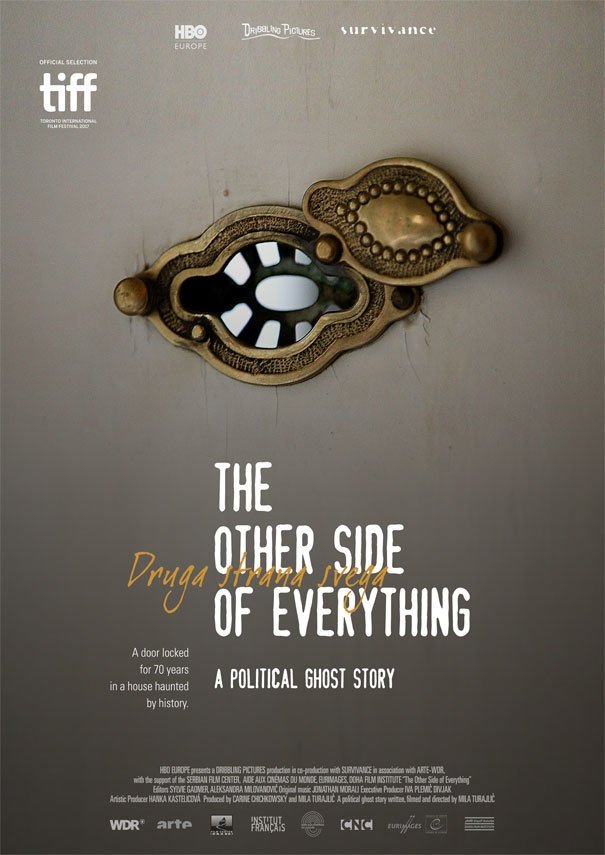
The Other Side of Everything
Released on: 2017-09-11
Documentary
For Serbian filmmaker Mila Turajlic, a locked door in her mother's apartment in Belgrade provides th...
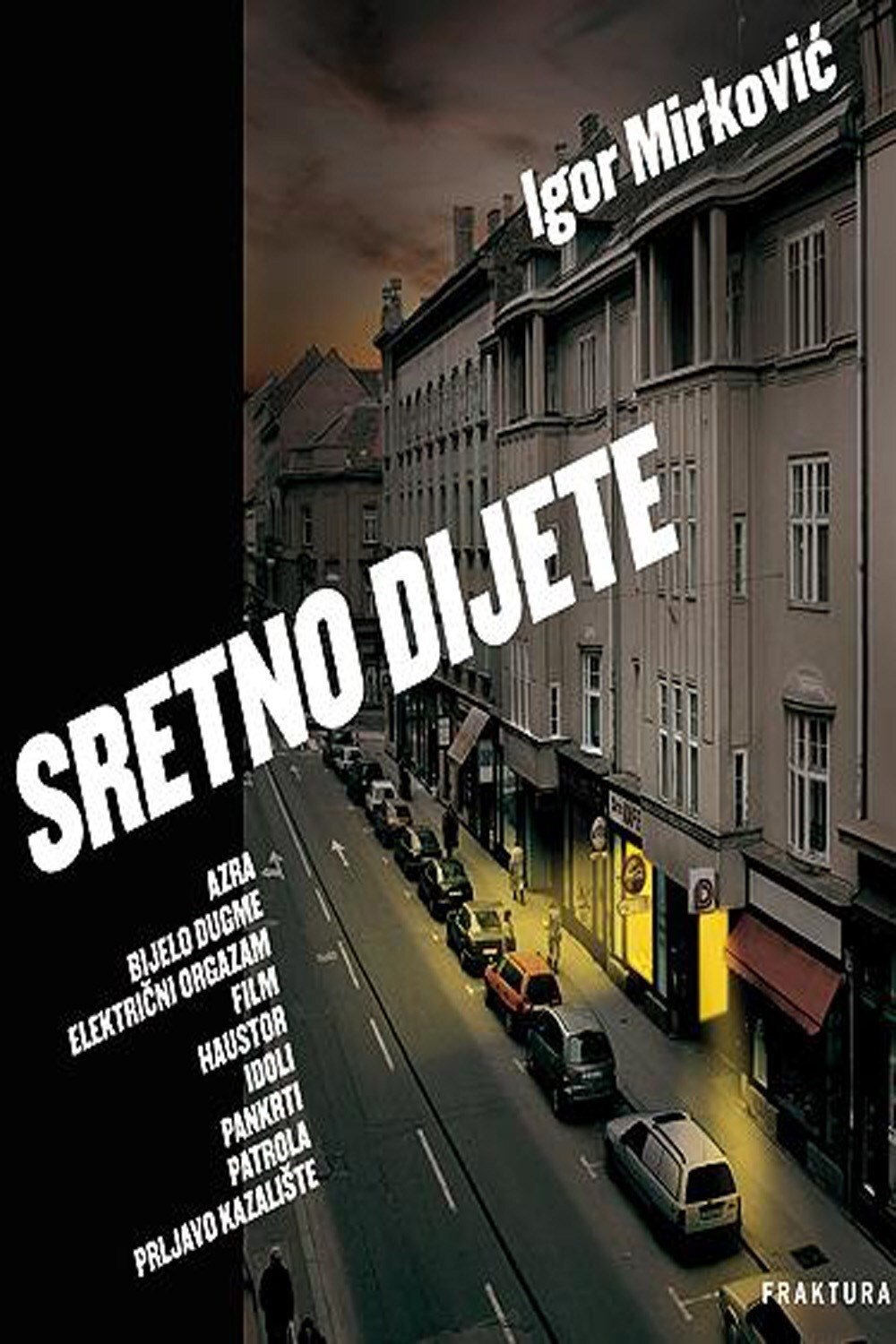
The Happy Child
Released on: 2003-01-01
Documentary
The Happy Child is a story of "New Wave" rock genre predominant in the ex-Yugoslavia during the soci...
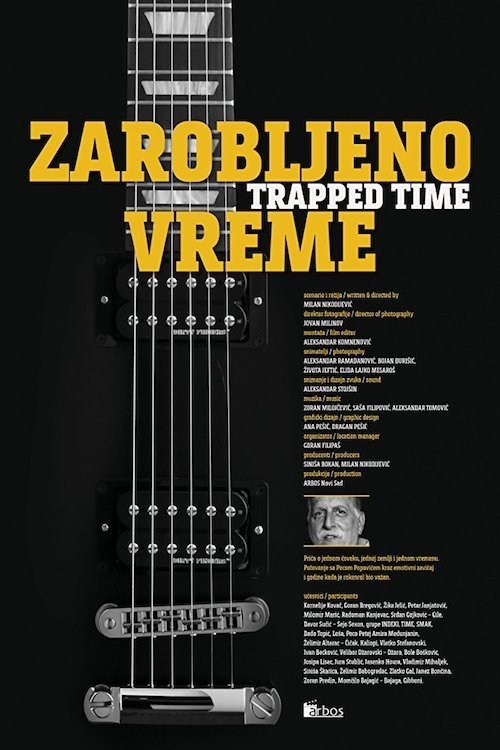
Trapped Time
Released on: 2017-11-06
Documentary, Music
Petar Peca Popović is one of the greatest, most famous, most authoritative and for sure, the best, c...
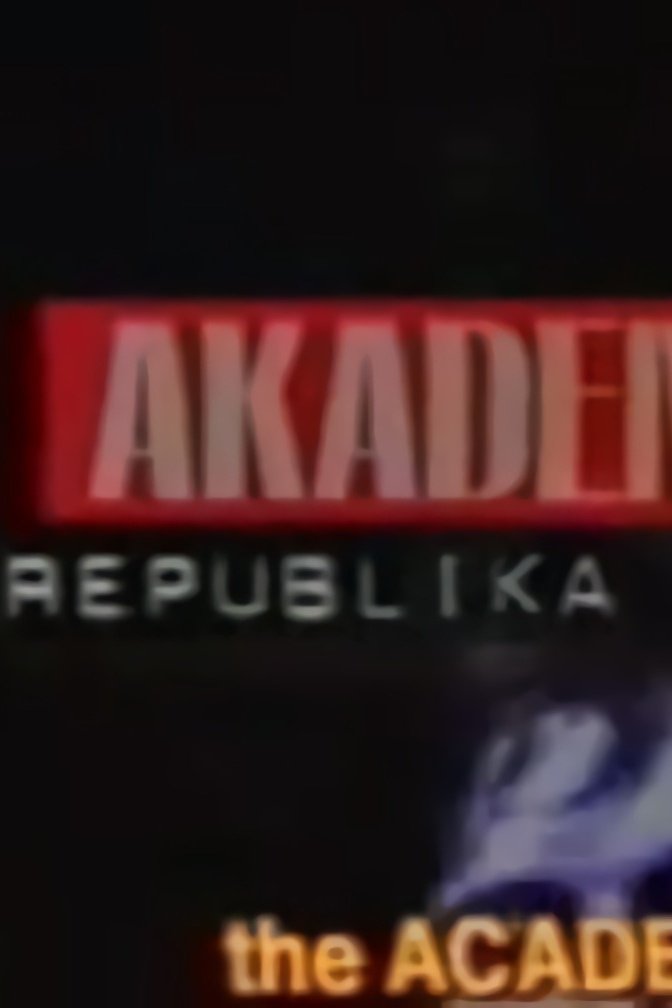
Akademija the Republic
Released on: 1995-01-01
Documentary, Music
Akademija Republika shows a group of people gathered around the club from 1981 until 1995 and how it...

I Sing All Day, I Sing All Night
Released on: 1979-05-16
Documentary, Music
Zdravko Čolić is the biggest pop star in Yugoslavia. We follow him during his "Traveling Earthquake ...
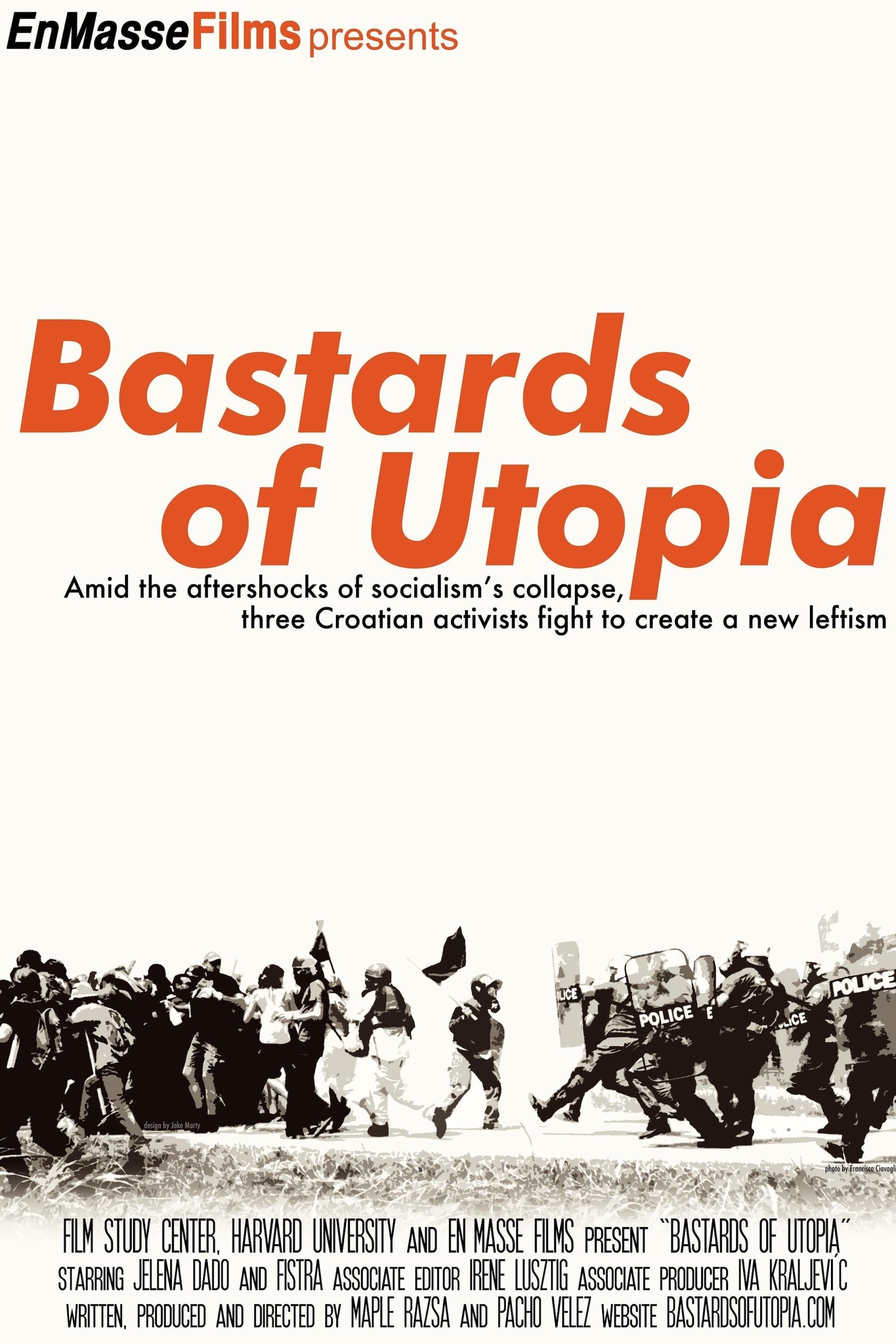
Bastards of Utopia
Released on: 2010-03-02
Documentary, Drama
Three Croatian activists struggle to change the world. As children, they lived through the violent c...
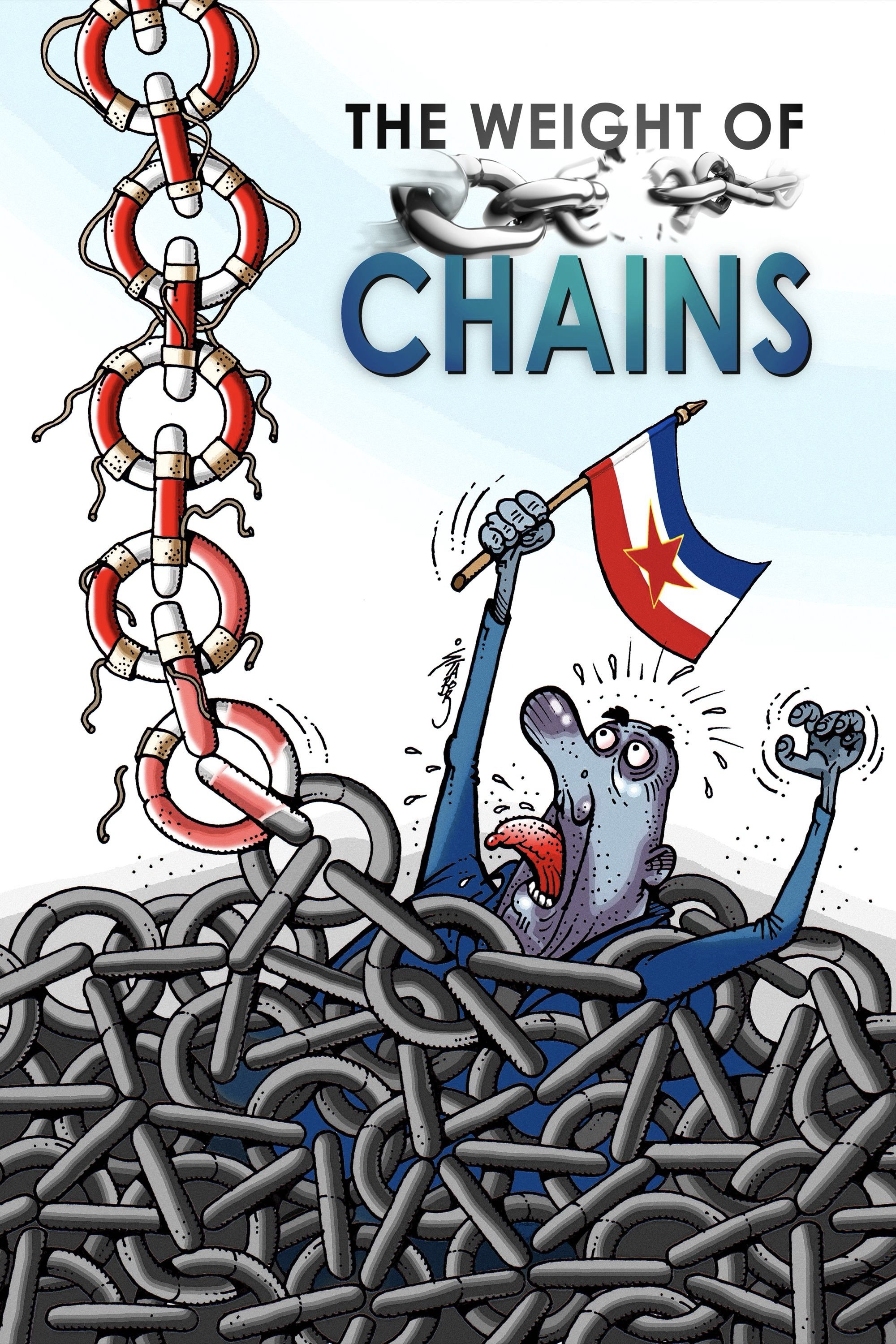
The Weight of Chains
Released on: 2010-12-17
Documentary, History
The Weight of Chains is a Canadian documentary film that takes a critical look at the role that the ...
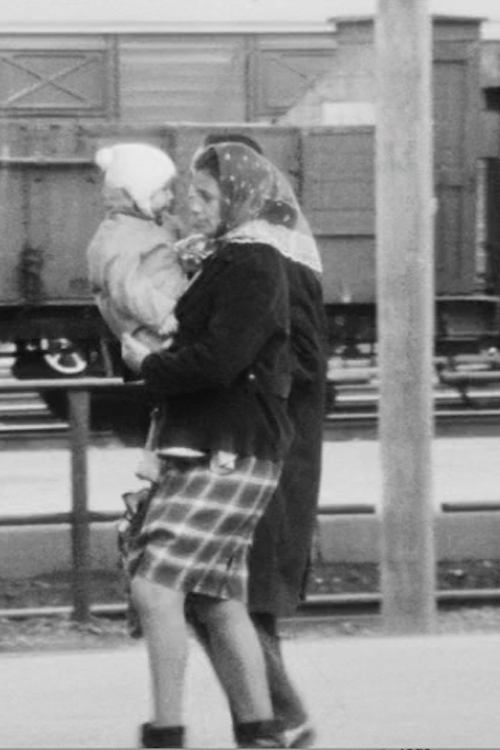
The Hub
Released on: 1969-12-31
Documentary
A new, modern train station in the province of Croatia, where the only problem seems to be the numer...

Uprising in Jazak
Released on: 1973-02-16
Documentary
The elderly inhabitants of a village in Vojvodina look back on the war and the partisan battles. The...
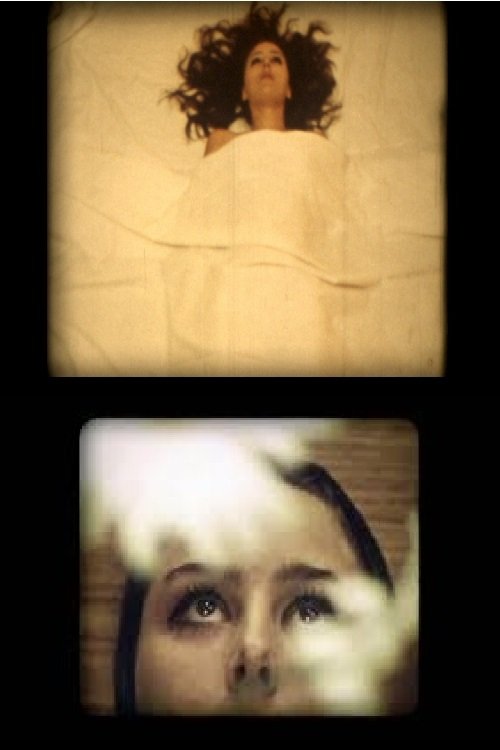
Woman
Released on: 1968-01-01
Documentary
Between four walls of her apartment, a girl enjoys in intimate idleness and being her true self.
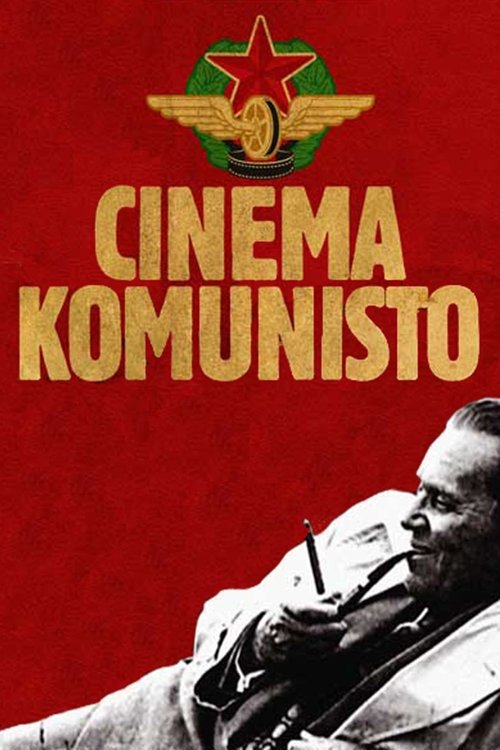
Cinema Komunisto
Released on: 2010-01-29
Documentary
This eye-opening and bittersweet chronicle of the Yugoslavian film industry recounts how the cinema ...
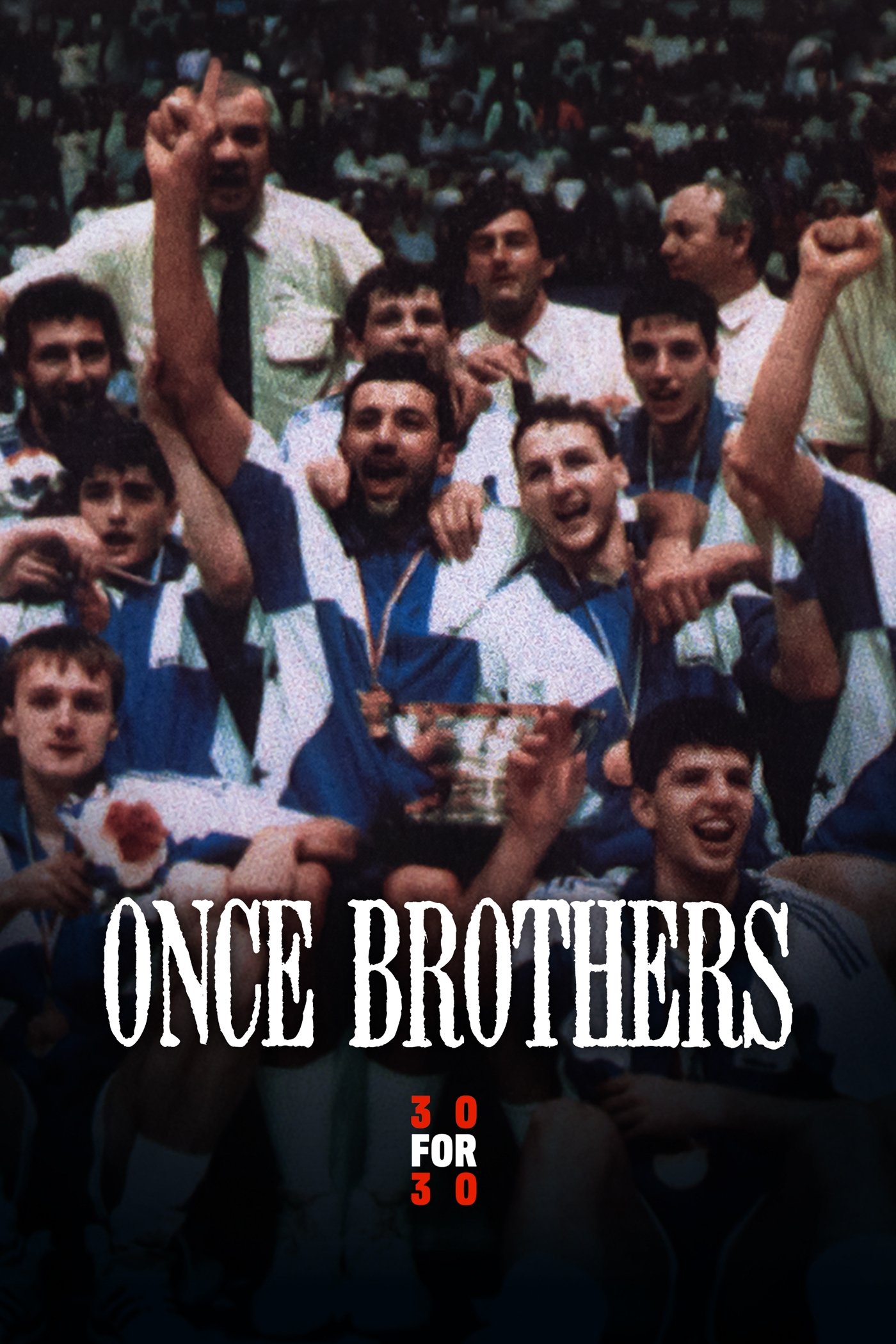
Once Brothers
Released on: 2010-10-12
Documentary
Drazen Petrovic and Vlade Divac were two friends who grew up together sharing the common bond of bas...
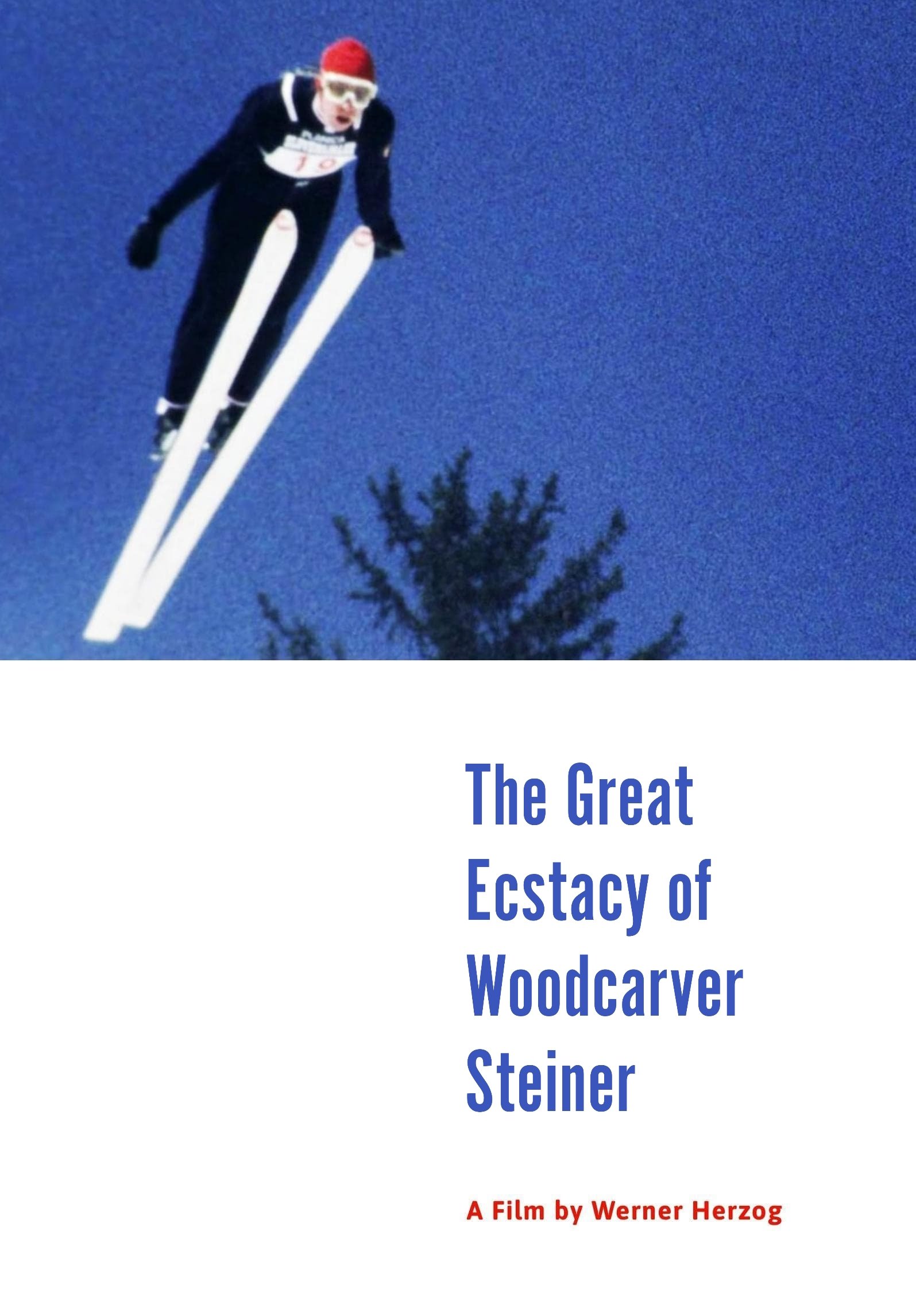
The Great Ecstasy of Woodcarver Steiner
Released on: 1974-01-01
Documentary
A study of the psychology of a champion ski-flyer, whose full-time occupation is carpentry.
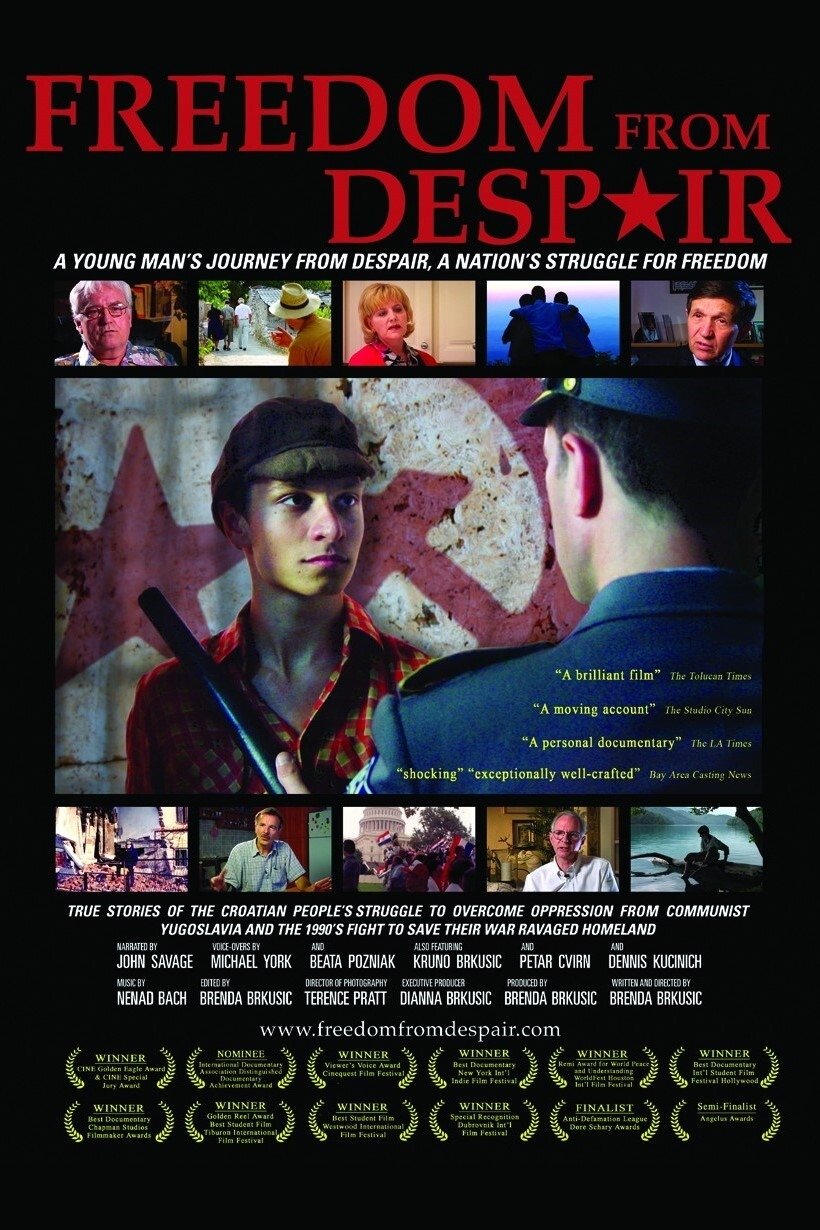
Freedom from Despair
Released on: 2004-10-05
Documentary
True stories of the Croatian People's struggle to overcome oppression from communist Yugoslavia and ...
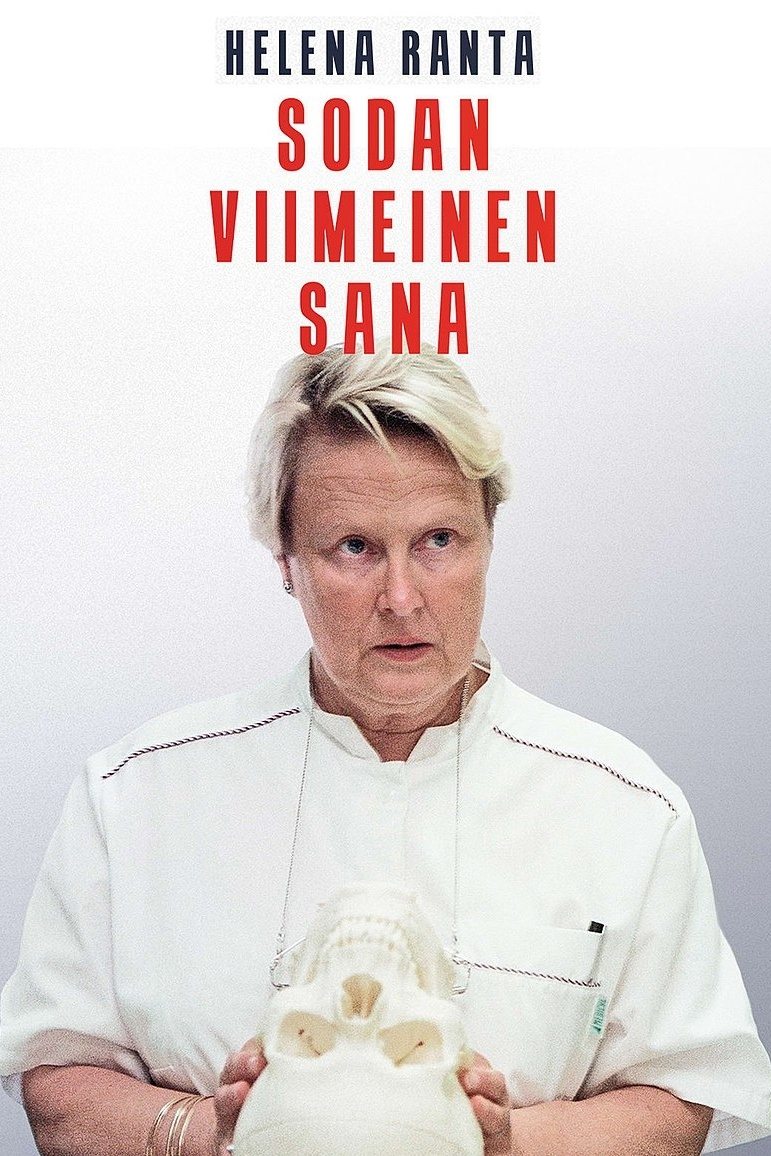
Fragments of Humanity
Released on: 2022-01-31
Documentary
In the Kosovo War, human dignity was shattered by the terrors of the Serbian government and the Alba...
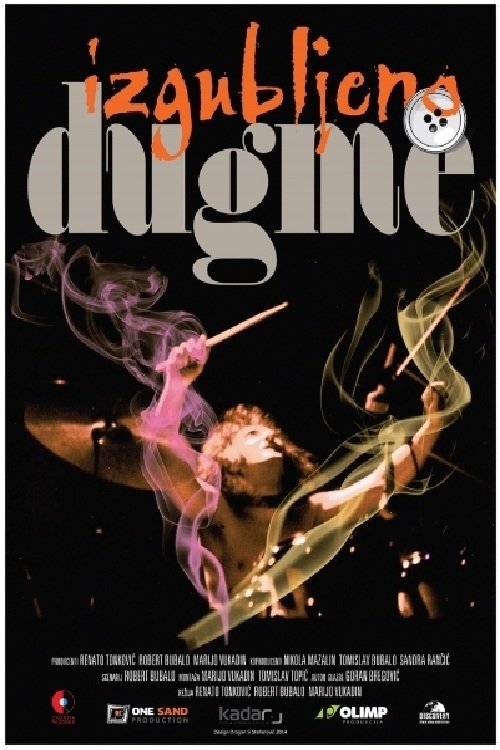
Lost Button
Released on: 2015-01-01
Documentary, History, Music
A documentary about Goran Ivandic 'Ipe', the drummer of most popular Yugoslav rock band of all time,...
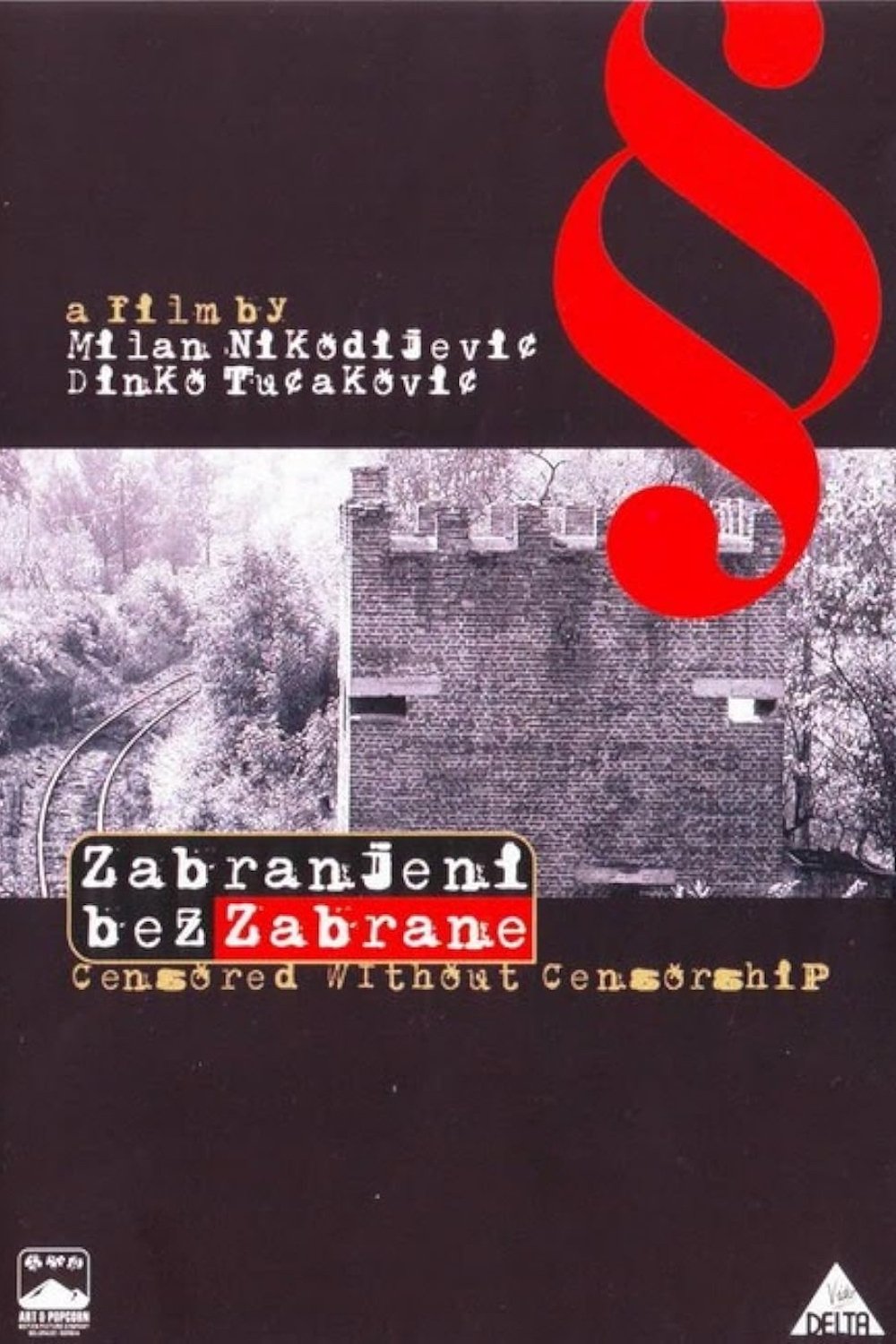
Censored without Censorship
Released on: 2007-03-02
Documentary
Through the conversation with Yugoslav film authors and excerpts from their films, this documentary ...
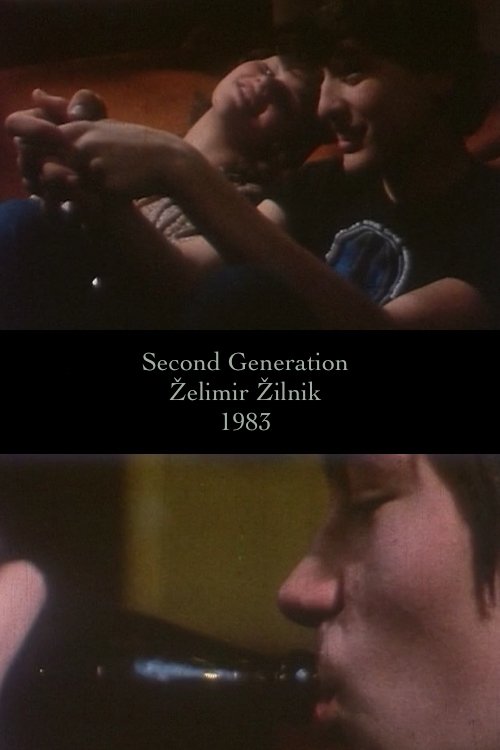
Second Generation
Released on: 1983-06-29
Drama, Documentary
A teenager arrives from Germany to his grandparents in Novi Sad. He can't adjust to Yugoslavian scho...
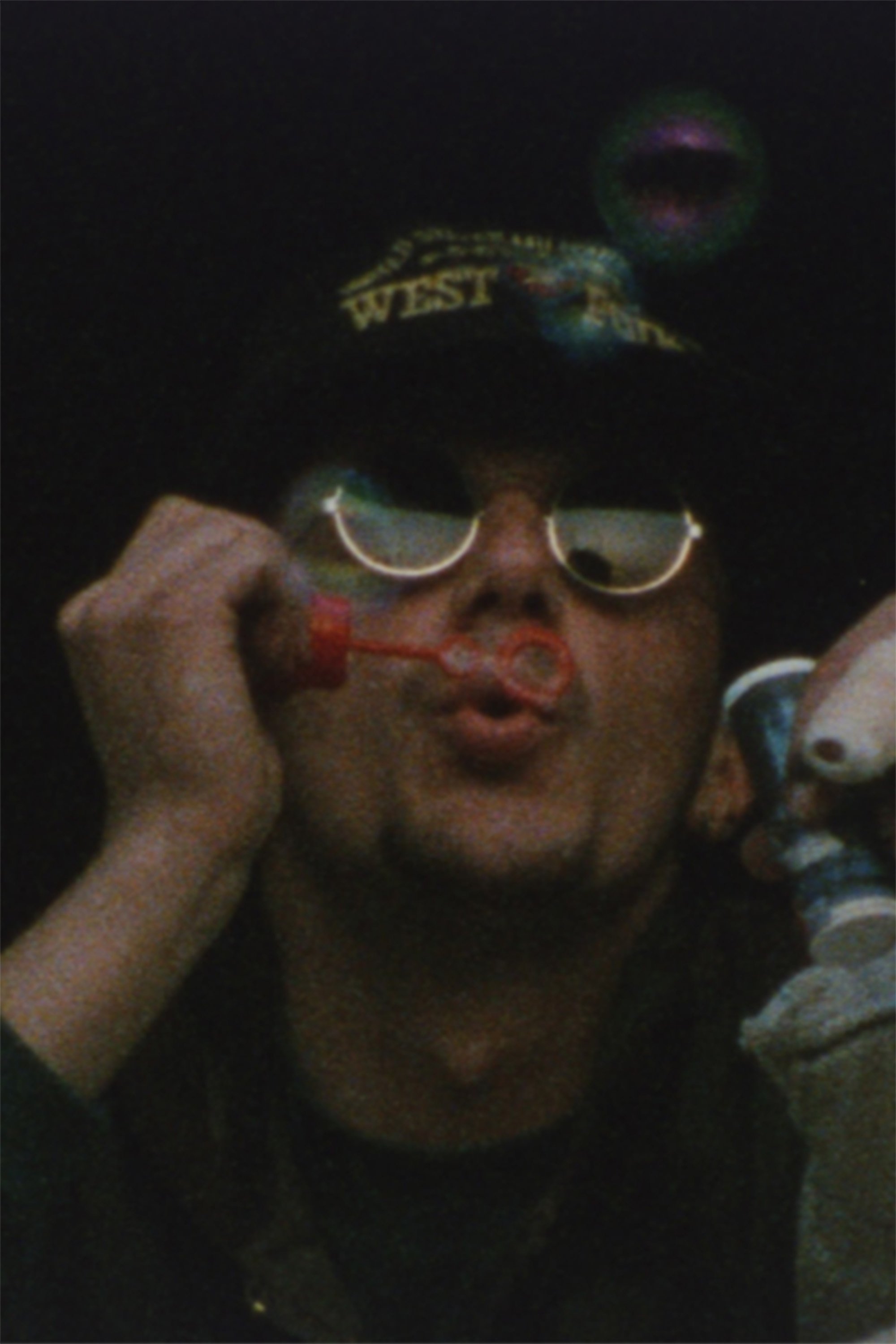
Hotel Sunja
Released on: 1992-01-01
War, Documentary
In 1992, the Yugoslav army and Serbian paramilitary forces captured one-third of Croatia as the coun...